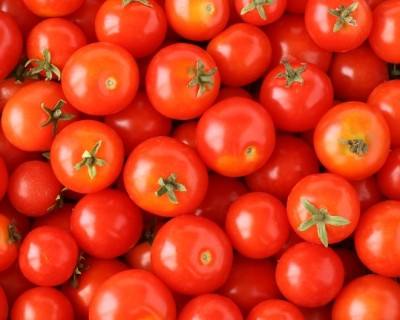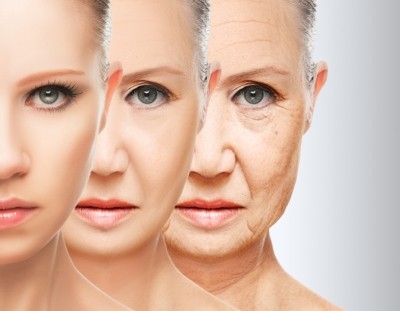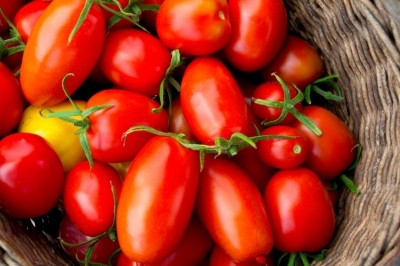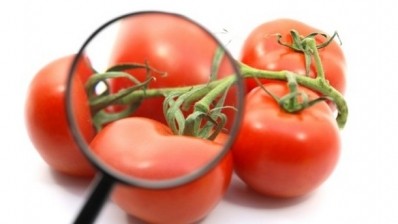Tomato supplementation linked to slashed skin cancer risk: Mouse data

The development of non-melanoma type skin cancers observed in male mice exposed to ultraviolet-ß (UVB) light was 50% lower in those that were fed a diet of 10% dehydrated tomato powder compared with controls, said the team behind the study.
“Male mice that consumed tomato-containing diets developed fewer UVB-induced skin tumours compared to male mice that did not consume tomatoes,” concluded co-author Jessica Cooperstone from the Department of Food Science and Technology at Ohio State University.
The observed benefits, published in Scientific Reports, were gender-specific, with female mice displaying no significant reduction in tumour occurrence.
"This study showed us that we do need to consider sex when exploring different preventive strategies," said senior author, Professor Tatiana Oberyszyn, from Ohio State's Wexner Medical Centre.
"What works in men may not always work equally well in women and vice versa," she added.
Previous animal studies have shown that male mice exposed to UVB light, develop tumours earlier than females, and that their tumours are larger, more numerous and more aggressive.
The gender-specific results may be due to lower antioxidant levels in males, together with increased oxidative DNA damage in the skin, and higher levels of cells involved in immune suppression and cancer metastasis, speculate the researchers.
‘Non-melanoma’ tumours
The type of tumours observed in this study are called keratinocyte tumours (KCs); more commonly known as basal cell and squamous cell skin cancers. These respective sub-types make up about 80% and 20% of total KCs and are non-melanoma type tumours. KCs are the most common of all cancers according to the American Cancer Society. Although generally non-fatal, KCs are disfiguring and costly to treat.
Sunburn protection
Previous human research indicates that prolonged tomato consumption might alleviate sunburn. This raised the question of whether such intake might have a cancer-protective effect.
“Previous human clinical trials suggest that eating tomato paste over time can dampen sunburns, perhaps thanks to carotenoids from the plants that are deposited in the skin of humans after eating, and may be able to protect against UV light damage,” Cooperstone said.
"Lycopene, the primary carotenoid in tomatoes, has been shown to be the most effective antioxidant of these pigments," she continued.
"However, when comparing lycopene administered from a whole food (tomato) or a synthesized supplement, tomatoes appear more effective in preventing redness after UV exposure, suggesting other compounds in tomatoes may also be at play."
Tomatidine
These other compounds may include tomatidine, an alkaloid previously shown to have anti-cancer properties during in vitro cell studies. This study verified the presence of tomatidine in the skins of mice fed a tomato diet, while absent in controls.
“This represents the first report of derivatives of tomato glycoalkaloids in vivo, as these compounds were previously thought to not be absorbed,” commented Cooperstone.
She suggested that result merited additional studies, “investigating the role that role that tomatoes and tomato phytochemicals play in the mediation of keratinocyte carcinomas.”
Further research could lead to possible nutritional interventions to reduce the risk for skin-related diseases, Cooperstone envisaged.
Source: Scientific Reports
Published online ahead of print, doi: 10.1038/s41598-017-05568-7
“Tomatoes protect against development of UV-induced keratinocyte carcinoma via metabolomic alterations”
Authors: Jessica L. Cooperstone, Tatiana M. Oberyszyn et al














